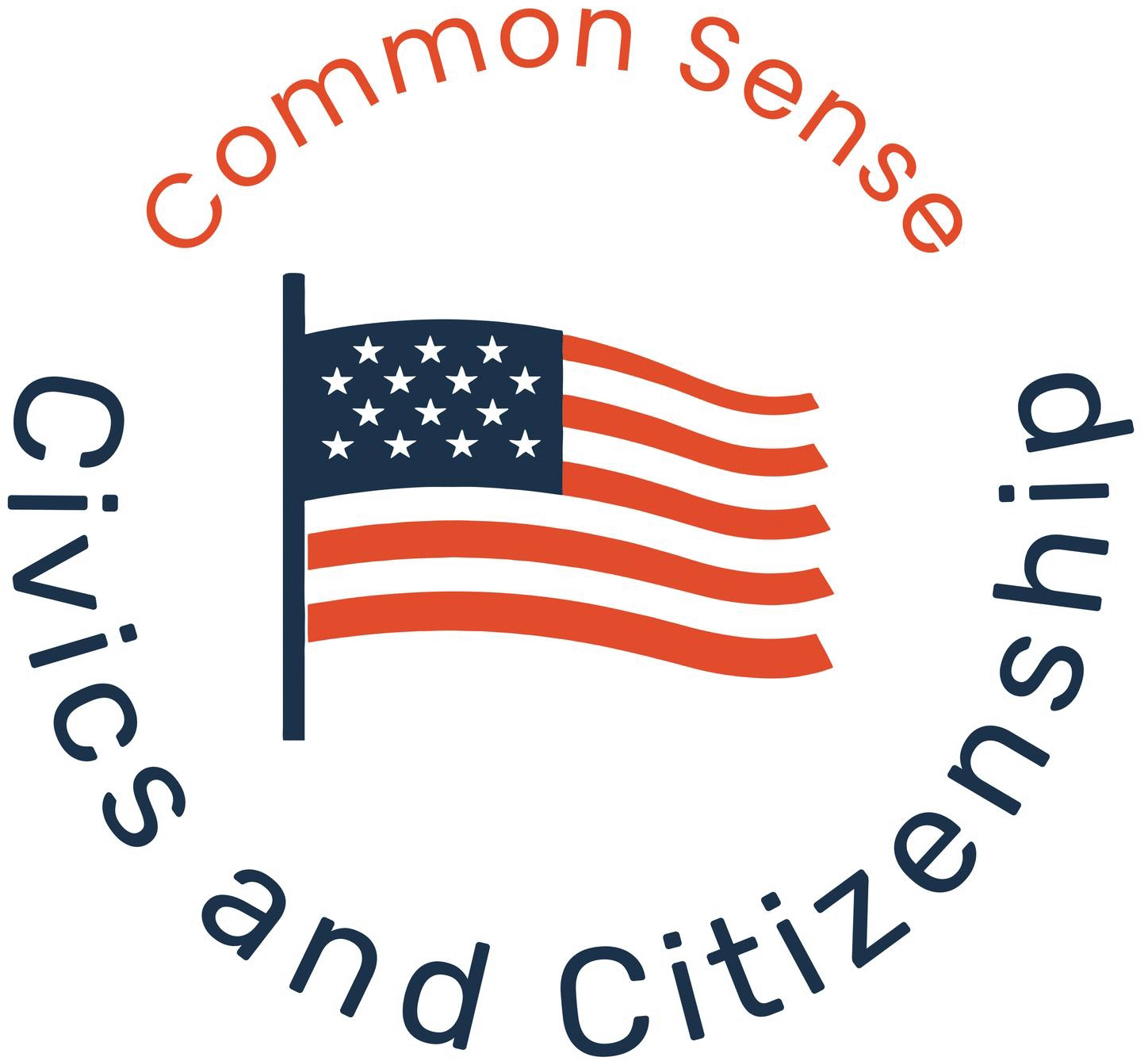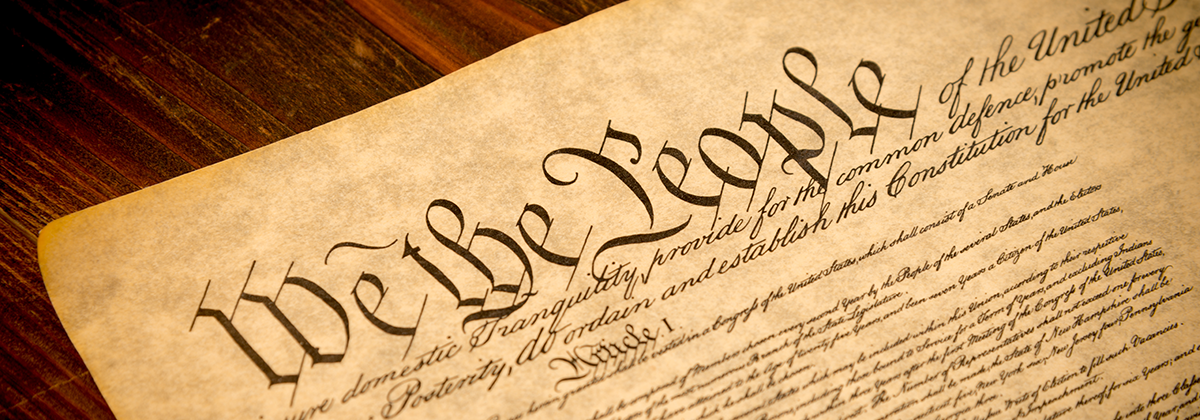Exploring the Declaration of Independence
Americans may have learned about the Declaration of Independence at some point, but what they genuinely want to know is its relevance to today. I conduct workshops on this very subject. People come with high expectations to review or to learn for the first time what’s in this founding American document. We learn together, line by line. The discoveries made and the questions participants ask always make for a lively discussion.
Questions about the Declaration of Independence
One interesting question I recall was about the time Supreme Court nominee (now Justice) Amy Coney Barrett was asked about the role the Declaration of Independence plays in interpreting the Constitution. Justice Barrett answered that the Declaration of Independence is not binding law. I agree. I explained to my audience that the Declaration lays out the “why” of our separation from Great Britain (“Let the facts be submitted to a candid world…”). It is foundational to our Supreme Law of the Land, the U.S. Constitution, which told the world how our newly formed Constitutional Republic would be organized.
Another question I remember from one of my workshops: What were the occupations of the men who signed the Declaration? Here are some of the professions:
Author, Architect, Lawyer, Inventor, Printer. Farmer, Judge, Diplomat, Politician, Archaeologist, Musician
In other words, they were mostly educated or self-educated men of wealth and means. They were not uneducated young rebels who knew nothing of what it meant to become a self-governing nation.
Then, I asked the audience if they knew which Founders served on the Committee of Five that wrote the Declaration of Independence. They answered two correctly: John Adams and Thomas Jefferson. The others are George Washington, Roger Sherman, and Robert Livingston. We discussed the importance of Sherman and Livingston in the drafting of the Declaration of Independence. We often hear of the famous Founders, but great people always have those who “fly under the radar” and are “wind beneath the wings” of those who rise to prominence. I contend that Sherman and Livingston were such men of their time.
More Discoveries about the Declaration of Independence
People are generally reticent to be the first to ask a question in a classroom-like setting, although your question may be one that others have as well. If you were in attendance at a workshop, what question would you ask about the Declaration of Independence?
Over the next few months, I will be writing more articles on the words and thoughts contained in our Declaration of Independence, as preparation for our nation’s 250th birthday. Join us at https://civicsandcitizenship.org or https://www.facebook.com/commonsensecivics
This is Common Sense Civics and Citizenship.🇺🇸


